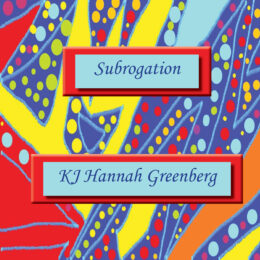
Description
Part of poetry’s power is its magical, seemingly sacred, unreachable references, as contrasted, for instance, with the mundanity of news articles’ banal, commonplace orientations. Likewise, though both balladry and straightforward compiling are products of human endeavor, collective norms establish different ends for the two. Poesy and essays might cover the same topics, as exemplified, repeatedly, by the literatures of war, emancipation, and marriage, but they differ in predictable ways.
According to standards of contemporary, western society, rhythmical groupings appeal to emotions whereas reports “merely” inform. Albeit, in ancient civilizations, metrical compositions were mnemonic devices; grammatical arrangements were just crude second cousins. To boot, in present oral cultures, the stylization of language correlates with and effects public moral proof.
Namely, modern-day verse is ordinarily regarded as a potentially exclusive arrangement while other genres of literature are typically seen as feasibly inclusive one. These structural distinctions have become part of the creation process. Hence, we must question our evaluations of ideas’ transmissions. That is, we can’t merely regard the extensiveness and ease of our language usage. We additionally need to weigh the impact of our words’ manipulations on communal cohesion.
















